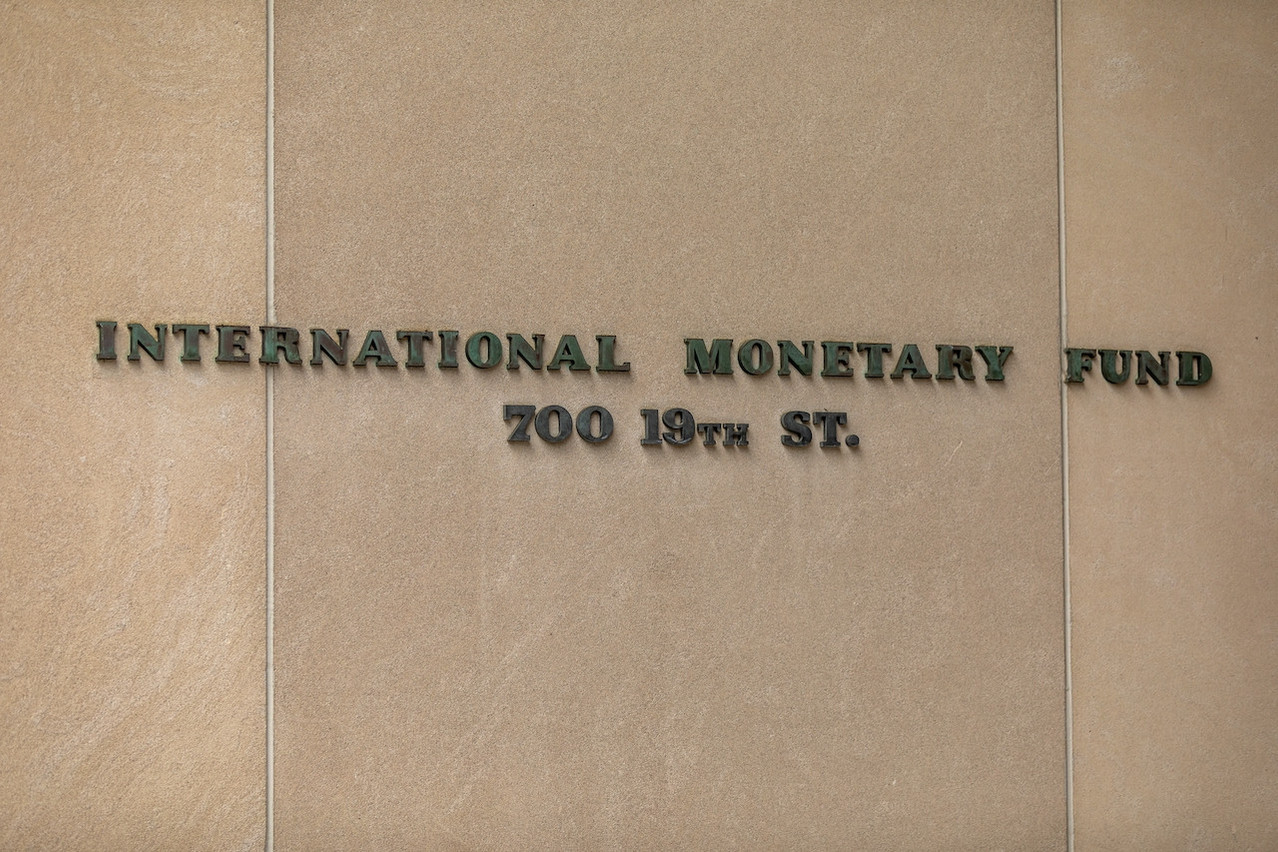After an exceptional year in 2021 when growth reached 5.1%, the Luxembourg economy, even if it has shown “resilience” in the words of the IMF, has started a downward spiral: 1.5% growth in 2022, 1.1% expected in 2023. This is despite the budgetary support put in place. But the rebound is there according to the experts: in 2024, the IMF forecast growth of 1.7% on Wednesday.
What worries the IMF most is inflation. Inflation has stabilised at a lower level than in most eurozone countries--at 6.2% in 2022--but is likely to remain persistent because of core inflation. Price inflation is estimated at 3.6% in 2023 and 3.1% in 2023 by the institution.
Financial sector vulnerable to real estate
Another concern is the financial sector. “The tightening of financial conditions has started to have an impact on the financial sector, with heterogeneity between segments. Overall, the financial sector remains resilient, although there are some pockets of vulnerability, particularly in the real estate sector and non-bank financial institutions,” the IMF says.
It sees high house prices and household debt as the main short-term risks to the domestic economy. In response, the IMF calls for the introduction of income-based limits and the consideration of targeted capital measures to strengthen the resilience of banks.
Reforming the housing market
In this context, “the IMF encourages the authorities to continue to pursue policies aimed at fighting inflation and maintaining macro-financial stability, while implementing structural policies to promote the resilience of the economy,” the report says. All this with “a broadly neutral fiscal stance.”
As for structural reforms, the IMF urges focusing on labour and housing markets. “Improving housing affordability should remain a top priority, and further measures should be taken on the supply side, including through early public investment, while avoiding demand support.”
Finally, the IMF, while welcoming the action of the authorities, encourages further improvements in the framework for the fight against money laundering and terrorist financing. This is an interesting opinion less than a month before the publication of the mutual evaluation report of the FATF (Financial Action Task Force, an intergovernmental body for the fight against money laundering and terrorist financing). That is a deadline that gives cause for concern.
This story was first published in French on . It has been translated and edited for Delano.
